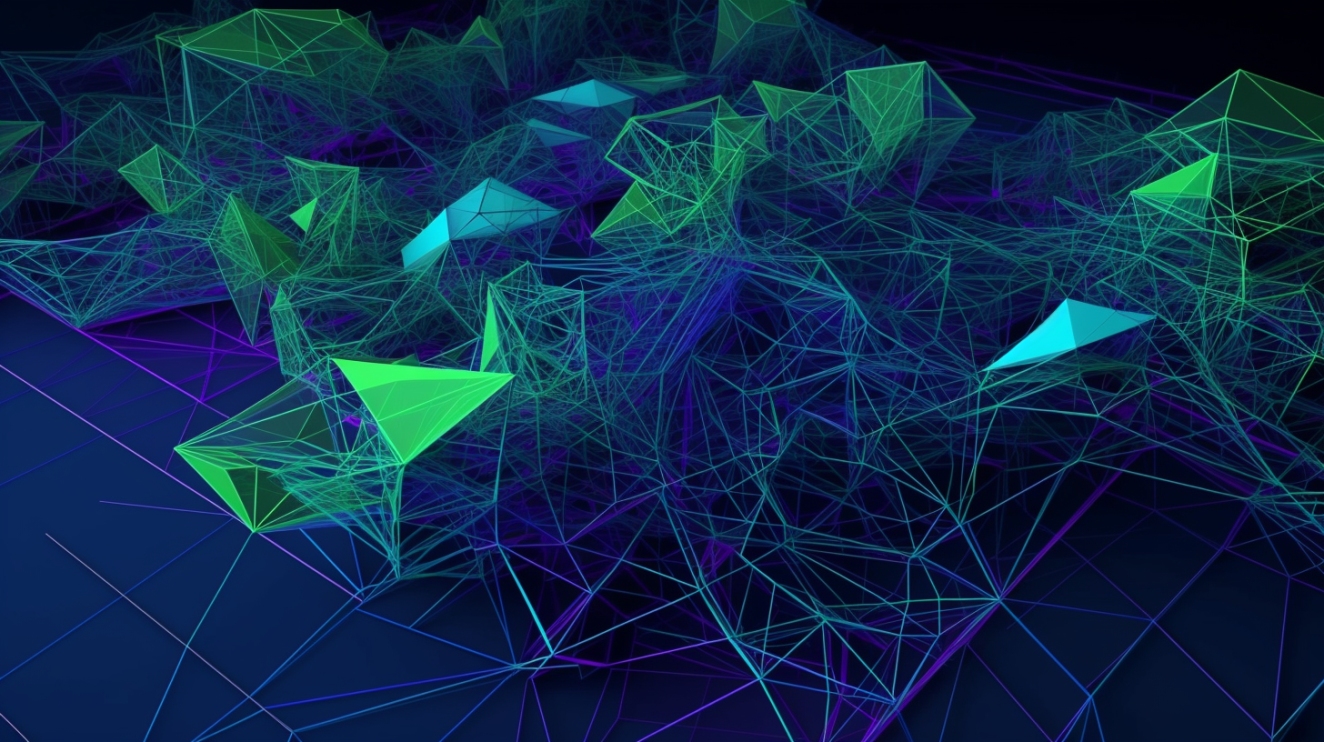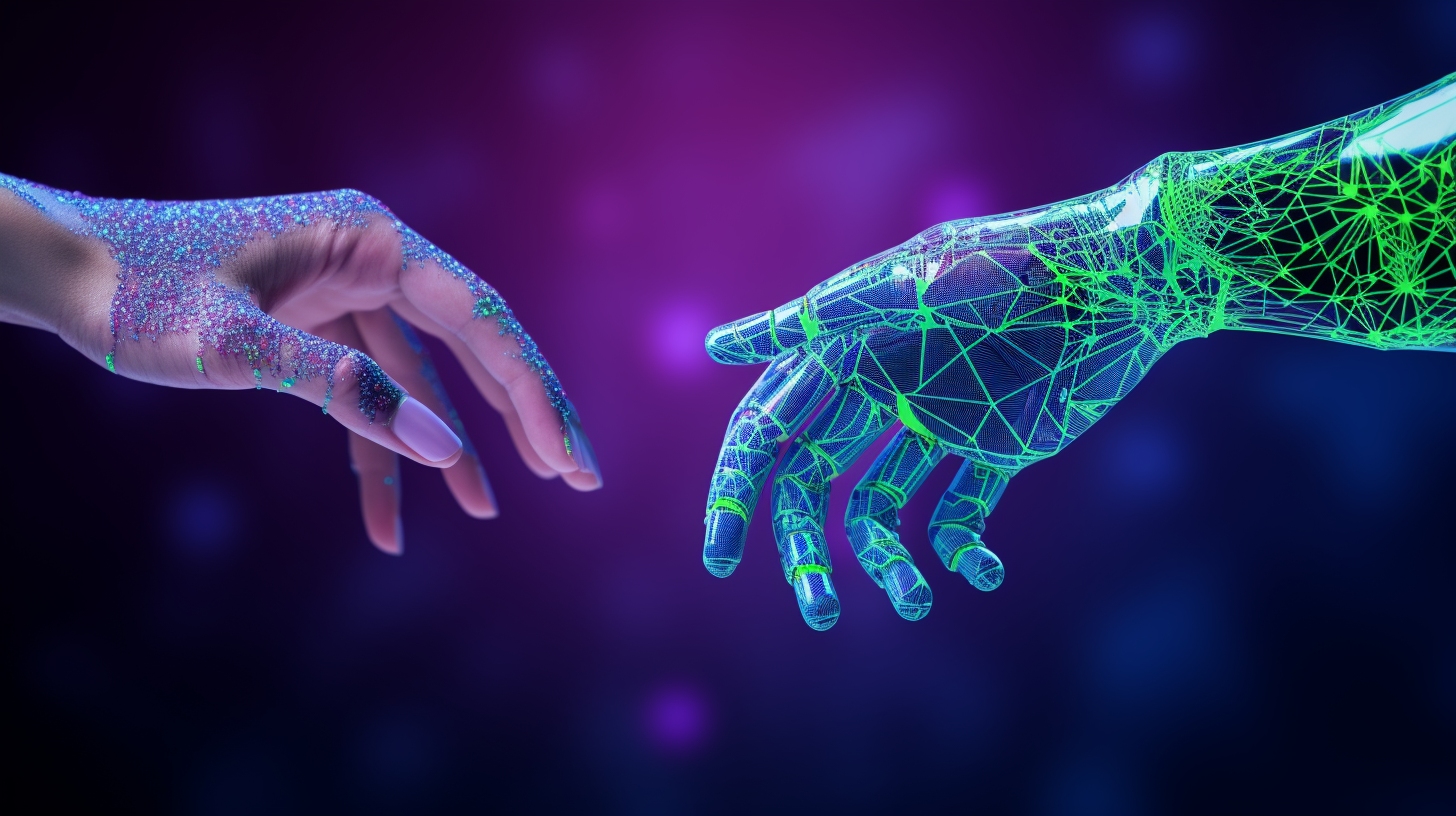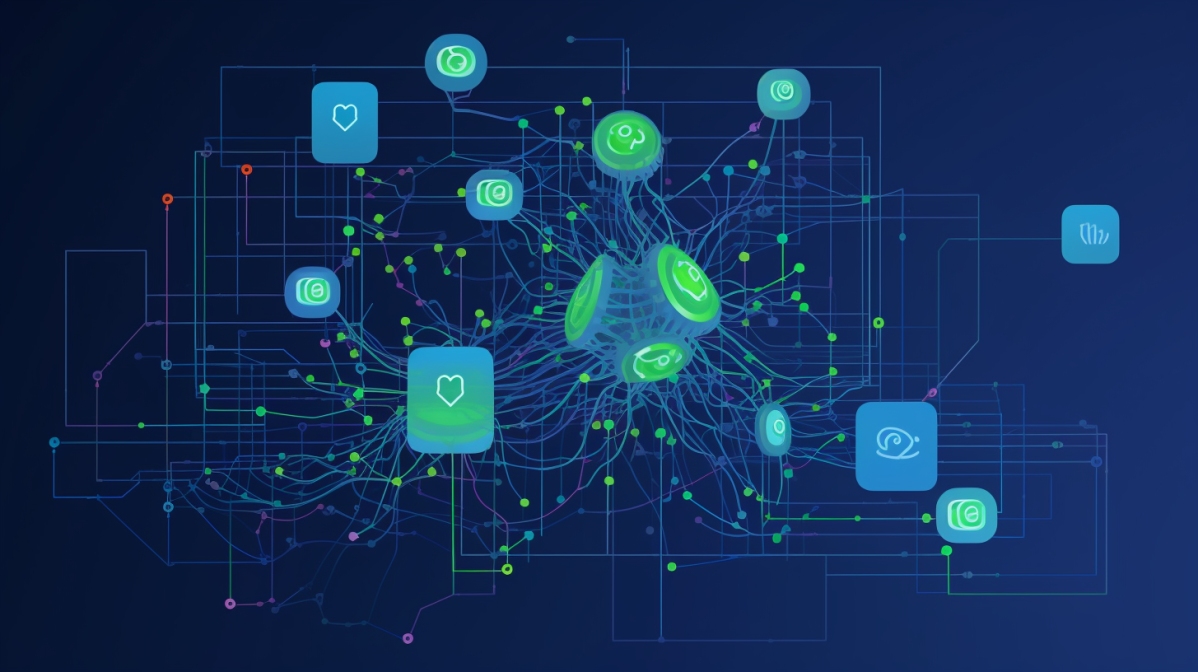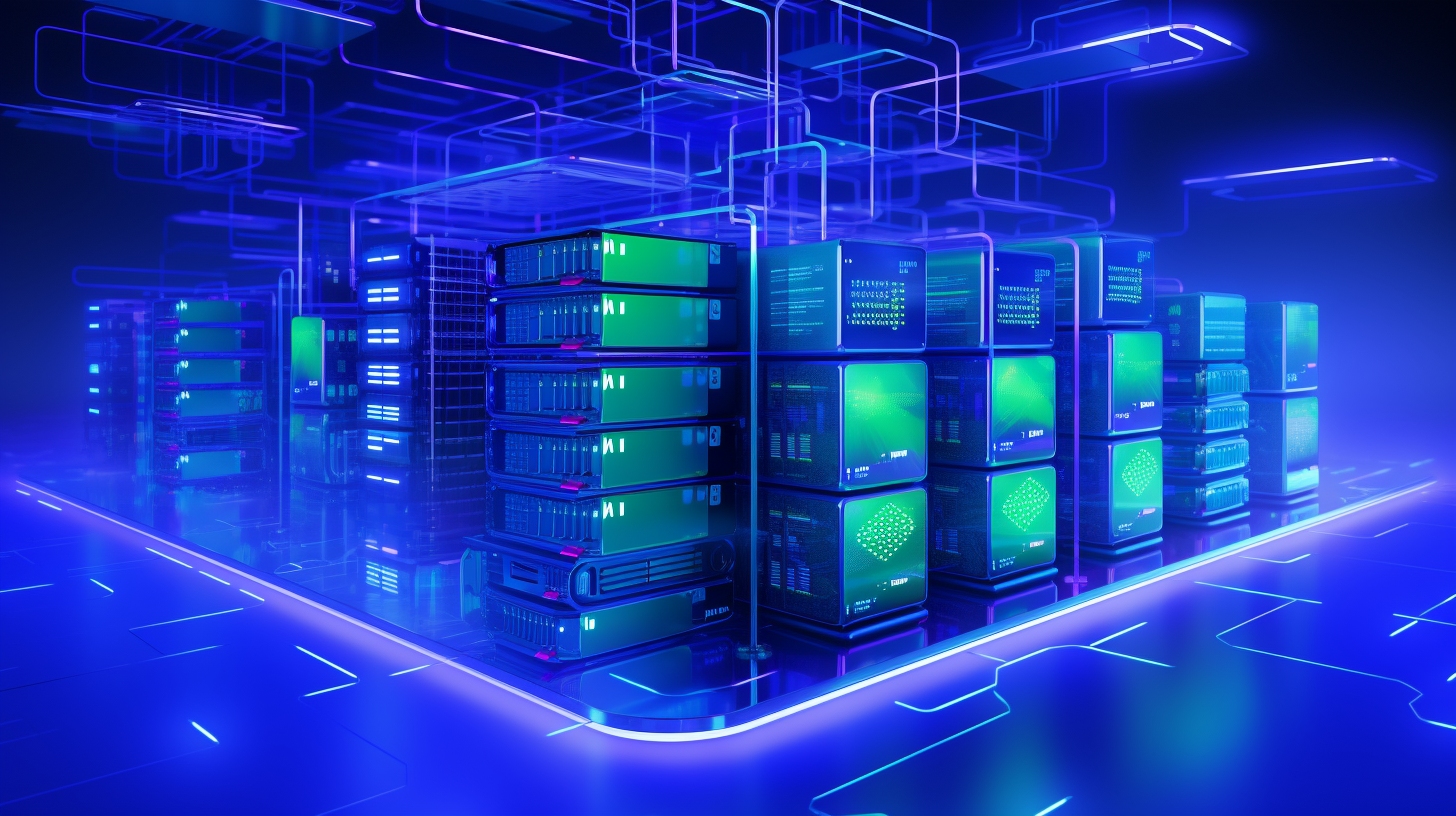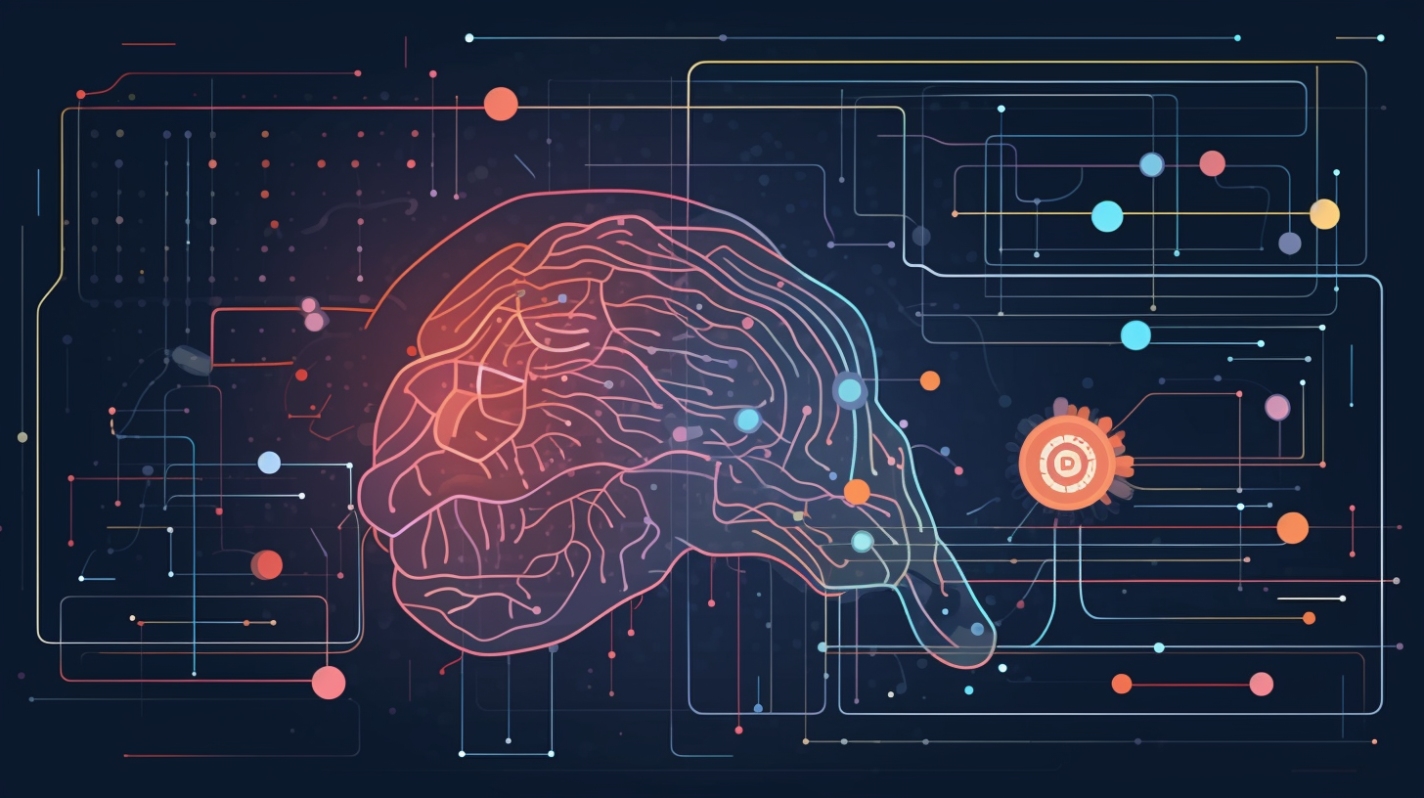Machine learning is a fascinating and rapidly evolving field that empowers computers to learn from data without explicit programming.
Its applications are vast and transformative, impacting industries ranging from healthcare and finance to transportation and entertainment.
By learning machine learning, you can unlock the potential to build intelligent systems, automate complex tasks, and gain valuable insights from data.
This knowledge opens doors to exciting career opportunities and empowers you to contribute to the advancement of this groundbreaking field.
However, the abundance of online courses can make finding the perfect machine learning program a daunting task.
You want a course that not only covers the theoretical foundations but also provides practical experience and hands-on projects to solidify your understanding.
The ideal program will be taught by industry experts, offer a supportive learning environment, and equip you with the skills needed to excel in this competitive field.
After careful consideration of various factors such as curriculum, instructors, and student reviews, we’ve identified the Introduction to Machine Learning with PyTorch Nanodegree as the best course overall on Udacity.
This comprehensive program provides a solid foundation in machine learning principles while focusing on the practical application of PyTorch, a popular deep learning framework.
Through engaging projects and expert guidance, you’ll gain the skills and confidence to tackle real-world machine learning challenges.
While the Introduction to Machine Learning with PyTorch Nanodegree stands out as our top recommendation, Udacity offers a diverse range of other excellent machine learning courses.
Depending on your specific interests and career goals, you might find another program that better suits your needs.
So, continue reading to explore our curated list of top machine learning courses on Udacity and discover the perfect program to launch your journey into the exciting world of intelligent machines.
Introduction to Machine Learning with Pytorch Nanodegree
This program teaches the fundamentals of machine learning using Python and PyTorch.
You start with supervised learning, covering concepts like linear regression, logistic regression, decision trees, Naive Bayes, and support vector machines.
The program then delves into the exciting world of neural networks.
You learn how to build and train these powerful models using PyTorch, a popular library for deep learning.
You even get hands-on experience with another deep learning library – TensorFlow.
Then, you explore unsupervised learning, focusing on clustering algorithms that group similar data points, which is useful for tasks like customer segmentation.
The “Introduction to Machine Learning with PyTorch” Nanodegree doesn’t just stop at theory.
You apply your knowledge to real-world projects, like identifying potential donors for a charity and clustering customers based on spending habits.
Along the way, you also develop essential skills, such as using Git and GitHub for version control and optimizing your LinkedIn profile, which are invaluable for a career in machine learning.
Deep Learning Nanodegree
In this Deep Learning Nanodegree, you will embark on a comprehensive journey through the fascinating world of deep learning, the driving force behind cutting-edge artificial intelligence.
Starting with the fundamentals, you’ll grasp the intricacies of deep learning and delve into techniques like gradient descent to optimize neural networks.
Using PyTorch, a popular deep learning framework, you’ll build your own handwritten digits classifier, gaining practical experience from the get-go.
You’ll then explore convolutional neural networks (CNNs), a specialized type of neural network adept at analyzing images.
The curriculum covers key concepts like transfer learning, which allows you to leverage pre-trained models, and autoencoders, which can learn to compress and reconstruct data.
You’ll discover how to apply CNNs to tasks such as object detection, segmentation, and even landmark classification for social media.
The Nanodegree then introduces recurrent neural networks (RNNs), including LSTMs, which excel at processing sequential data like text.
You’ll also learn about transformers, a powerful architecture that has revolutionized tasks like text translation and sentiment analysis.
These skills equip you to tackle a wide range of real-world challenges.
Finally, you’ll unravel the magic of generative adversarial networks (GANs), a fascinating type of neural network capable of creating new data.
From image-to-image translation to face generation, you’ll witness the creative potential of GANs.
The program doesn’t neglect your career prospects either - career services are integrated into the curriculum, helping you refine your LinkedIn and GitHub profiles to stand out in the competitive job market.
Artificial Intelligence Nanodegree
This program equips you with the fundamental concepts of artificial intelligence and empowers you to apply them to practical scenarios.
You’ll learn from renowned experts such as Sebastian Thrun, the visionary behind Udacity and Google X, and Peter Norvig, a leading figure at Google Research.
Your journey begins with the basics, using constraint satisfaction to build a Sudoku solver.
You then delve into classical search, mastering strategies like uninformed and informed search to tackle intricate problems.
The course guides you in building a forward-planning agent, a vital skill in AI, enabling you to solve real-world challenges.
You’ll explore optimization techniques like hill climbing, simulated annealing, and genetic algorithms, equipping you to find the best solutions for complex problems.
The program delves into adversarial search, where you’ll grasp the concept of Minimax search and build an agent capable of playing games against opponents.
You’ll then explore probabilistic graphical models, focusing on Bayes Nets and Hidden Markov Models, even building a spam classifier using Naive Bayes and a Part of Speech Tagger using HMMs.
Introduction to Machine Learning with TensorFlow Nanodegree
This Udacity Nanodegree program equips you with the skills to build and deploy sophisticated machine learning models using TensorFlow, a powerful tool in a data scientist’s kit.
The program begins by introducing you to the world of supervised learning.
You’ll delve into techniques such as linear regression, decision trees, and support vector machines, understanding how to evaluate and fine-tune these models for optimal performance.
The curriculum then immerses you in the fascinating realm of neural networks, exploring their application in solving complex problems.
You’ll gain hands-on experience building an image classifier using TensorFlow.
The program further expands your skillset by introducing unsupervised learning, teaching you how to uncover hidden patterns and extract valuable insights from data.
You’ll explore clustering algorithms, dimensionality reduction techniques like PCA, and understand how to apply these techniques for real-world tasks such as customer segmentation.
Beyond the core machine learning concepts, this Nanodegree program ensures you develop a strong foundation in essential data science tools like Python, SQL, and Git.
These tools are crucial for managing and analyzing data effectively.
You’ll apply your knowledge to real-world projects, such as building a model to identify potential donors or segmenting customers based on their behavior.
This hands-on experience will solidify your understanding and prepare you for the challenges of a machine learning career.
Computer Vision Nanodegree
If you’re looking to understand how computers can “see” and analyze images, this Udacity Nanodegree is a great place to start.
You’ll learn from experts like Sebastian Thrun, the founder of Google X, and Cezanne Camacho, a Stanford graduate specializing in computer vision.
They’ll guide you through the fundamentals of computer vision, starting with image representation and moving on to more complex concepts like convolutional filters and feature extraction.
You’ll gain practical experience using Python and PyTorch, powerful tools for building deep learning models.
You’ll then explore advanced deep learning architectures, including CNNs, RNNs, and LSTMs, understanding how these models learn to recognize objects and patterns.
You’ll even build your own facial keypoint detection system!
The course delves into object tracking, teaching you how to use Kalman filters to predict movement.
You’ll also explore SLAM, a technology that helps robots understand their surroundings.
To ensure your code runs smoothly and efficiently, you’ll even learn C++ and practice optimizing its performance.
This Nanodegree doesn’t just stop at theory.
You’ll apply your knowledge to real-world projects like building an image captioning program and a system for landmark detection and tracking.
You’ll even explore how computer vision is used in fields like medicine, learning how to apply deep learning to detect skin cancer.
You’ll also learn how to analyze text sentiment, a valuable skill in today’s digital world.
Machine Learning DevOps Engineer Nanodegree
This Udacity Nanodegree program equips you with the practical skills needed to build and deploy machine learning models in the real world.
You’ll start by learning how to write clean, maintainable code, a crucial aspect of creating reliable models.
You’ll gain hands-on experience with Git, a popular version control system, and learn coding best practices that are essential for collaboration and long-term project sustainability.
Next, you’ll dive into building reproducible machine learning workflows.
You’ll explore essential concepts like data exploration, validation, and experimentation, ensuring your models are accurate and reliable.
The course emphasizes the importance of tracking experiments and building pipelines, a critical aspect of deploying models at scale.
You’ll then learn to deploy your pipeline to the cloud, using powerful tools like FastAPI for API deployment, making your models accessible to a wider audience.
The program then focuses on the crucial aspects of model scoring and monitoring.
You’ll learn how to track your model’s performance over time, identify potential issues like model drift, which occurs when your model’s accuracy degrades due to changes in data patterns.
You’ll learn how to diagnose and fix these problems, ensuring your models remain effective in a constantly evolving data landscape.
Deep Reinforcement Learning Nanodegree
This program equips you with practical skills to build a strong foundation in this captivating field.
You will start by grasping the fundamentals of reinforcement learning.
Concepts like Markov decision processes, policies, and value functions will become clear, and you’ll master techniques like dynamic programming, Monte Carlo methods, and temporal-difference methods.
These methods are key to understanding how agents learn by interacting with their environment.
Real-world examples, like using reinforcement learning to tackle the OpenAI Gym’s Taxi-v2 task, make these concepts tangible.
The course then delves deeper into deep reinforcement learning, where neural networks combine with reinforcement learning.
You will learn to train agents for complex tasks within virtual worlds, such as navigating mazes.
This program also explores practical applications like financial trading strategies and scenarios involving multiple interacting agents.
Through hands-on experience, you will work with tools like PyTorch and build deep neural networks specifically for reinforcement learning.
Beyond the intricacies of deep reinforcement learning, you will also gain valuable insights into essential concepts such as neural networks and the popular deep learning framework, PyTorch.
The program even provides an opportunity to enhance your C++ programming skills, which can prove beneficial when optimizing your reinforcement learning algorithms.
This comprehensive program equips you with the tools needed to pursue a career in machine learning or implement deep reinforcement learning in your personal projects.
Generative AI Nanodegree
You begin by learning the basics of generative AI, delving into deep learning fundamentals and understanding how to fine-tune existing models for specific tasks.
This foundation prepares you to explore the fascinating world of large language models (LLMs) and text generation.
You master natural language processing (NLP) fundamentals, delve into the intricacies of transformers and the attention mechanism, and learn to build your own custom chatbot using cutting-edge techniques like retrieval augmented generation.
The program then immerses you in the realm of computer vision and image generation.
You develop a solid understanding of computer vision fundamentals and explore powerful image generation techniques like generative adversarial networks (GANs) and diffusion models.
You learn to create and manipulate images with AI, gaining valuable skills in AI-powered photo editing.
Finally, you discover how to build practical generative AI solutions using tools like LangChain and vector databases.
You develop a personalized real estate agent application, gaining hands-on experience in designing and implementing real-world AI solutions.
Throughout this journey, you learn from industry experts representing companies like Google, Salesforce, Spotify, and Lyft, as well as renowned researchers from institutions like UC Berkeley and Stanford.
You gain practical experience working with popular tools and frameworks such as TensorFlow, PyTorch, and LangChain, building a portfolio of projects demonstrating your mastery of generative AI.
This nanodegree empowers you to confidently apply for your dream job in the exciting world of generative AI.
Machine Learning Engineer with Microsoft Azure Nanodegree
This Udacity Nanodegree teaches you how to be a machine learning engineer using Microsoft Azure.
It’s like learning a new language, but instead of speaking to people, you’ll be speaking the language of data to computers.
You start with the basics of Azure Machine Learning, using the AzureML Studio to build and deploy machine learning models.
Think of AzureML Studio as your artist’s studio, where you’ll bring your data to life.
You’ll discover datastores and datasets, the essential building blocks for storing and accessing the information your models will use to learn.
Then you’ll dive into the AzureML SDK, a powerful toolkit that allows you to write code and interact with Azure Machine Learning directly.
Next, you’ll explore the world of Machine Learning Operations (MLOps), learning how to deploy your models and make them available to the world.
Imagine building a robot and then teaching it to walk and talk - that’s what MLOps is all about.
You’ll learn how to automate the process of building, testing, and deploying your models, like creating a well-oiled machine that runs smoothly and efficiently.
Finally, you’ll put your skills to the test with a Capstone project, where you’ll tackle a real-world machine learning problem.
AWS Machine Learning Engineer Nanodegree Nanodegree
The AWS Machine Learning Engineer Nanodegree program teaches you the skills to build and use machine learning models in real-world situations.
You start with the basics of machine learning like exploring data and understanding different models.
Then you dive into Amazon SageMaker, a powerful tool for building and managing machine learning projects.
You get hands-on experience with projects like predicting bike sharing demand and building a machine learning workflow for a fictional company.
The program also covers advanced topics like deep learning, computer vision, and natural language processing (NLP).
You learn how to use SageMaker to deploy models for image classification and other tasks.
As you progress, you learn how to optimize your machine learning projects for the best performance using AWS.
You even learn to make your machine learning models more secure.
The Nanodegree includes career services, helping you optimize your LinkedIn profile and GitHub account to help you find a job.
AI Product Manager Nanodegree
This Nanodegree equips you with the skills to leverage AI and machine learning for business success, focusing on practical application rather than complex coding.
You’ll begin by grasping the fundamentals of AI and machine learning, exploring their business applications.
The course delves into Generative AI, a cutting-edge field, and how to launch such products successfully.
You’ll learn to create high-quality datasets, a crucial aspect of AI, through hands-on experience with medical image annotation.
The program then guides you through building and training AI models using Google AutoML, a powerful tool that simplifies model development.
You’ll gain experience in evaluating model performance and measuring its impact on business outcomes.
The course culminates in a capstone project where you develop a comprehensive business proposal for an AI product.
This project allows you to synthesize your knowledge by defining success metrics, scoping datasets, planning model development, and establishing monitoring plans.
You’ll also receive guidance on enhancing your LinkedIn profile, a valuable asset in today’s job market.
Natural Language Processing Nanodegree
This program teaches you how to make computers understand and use human language.
You’ll start with the basics of Natural Language Processing, learning how to prepare text for analysis and build a spam filter using the Naive Bayes algorithm.
You’ll also learn how to analyze the structure of language with Part of Speech Tagging using Hidden Markov Models (HMMs).
The course then dives into more advanced topics, showing you how to represent words as numbers computers can understand using techniques like feature extraction and embeddings.
You’ll discover how to identify themes in large amounts of text with topic modeling, and even build a machine translation system.
You’ll get hands-on experience with popular tools like TensorFlow, Keras, and PyTorch to create your own powerful models.
This Nanodegree is all about giving you practical skills.
You’ll work on projects using real data, like building a speech recognition system using a Deep Neural Network (DNN) or exploring how to build applications for voice assistants like Alexa.
You’ll even learn about advanced concepts like Recurrent Neural Networks (RNNs) and Long Short-Term Memory networks (LSTMs) for processing text.
Plus, the program helps you optimize your LinkedIn and GitHub profiles to impress potential employers.
Also check our posts on:


